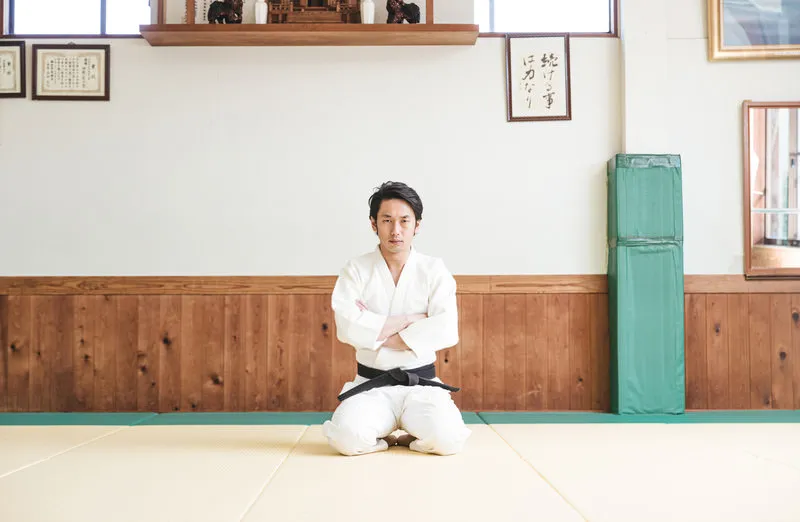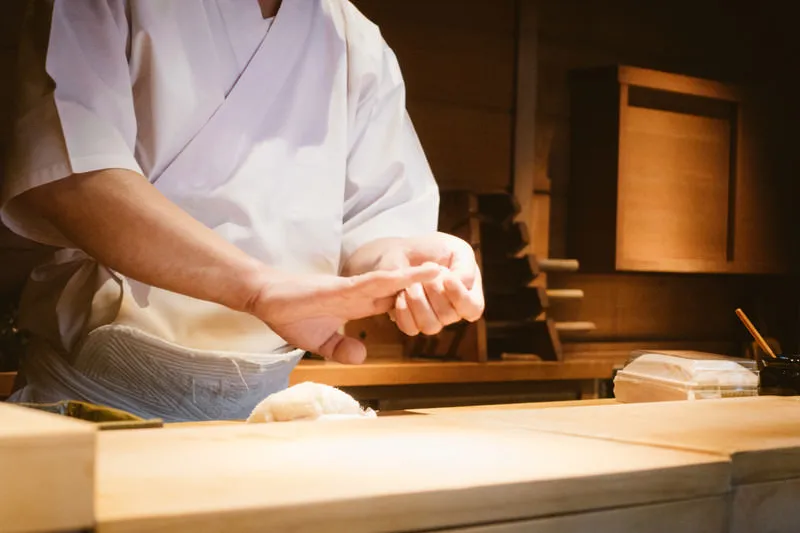December 5, 2023
Japanese Stereotypes
Debunking Common Japanese Stereotypes: Separating Fact from Fiction
Debunking Common Japanese Stereotypes: Exploring the Reality Behind Martial Arts in Japan Discover the truth about martial arts in Japan and debunk common stereotypes. While Japan is known for its deep roots in martial arts like karate and judo, not every Japanese person is proficient in these disciplines. Lets separate fact from fiction and explore the reality behind this cultural stereotype.
When it comes to cultural stereotypes, Japan often finds itself at the center of attention. From its unique traditions to quirky pop culture, Japan has captured the imagination of people worldwide. However, it is important to separate the reality from the stereotypes. Lets take a closer look at some common Japanese stereotypes and debunk them along the way.
1. All Japanese People Know Martial Arts
Martial arts like karate and judo have origins in Japan, but it is a misconception that every Japanese person is proficient in these disciplines. While martial arts have a significant presence in the country, they are practiced by a minority of the population, just like any other sport or hobby.
However, Kendo (Japanese-style fencing) or Judo have basic mindset principles in addition to becoming a good athlete. Those concepts and principles are rooted into the Japanese value from over 300 years ago. Not all Japanese do martial arts, but the principles are with us from long time ago.
2. Japanese People Only Eat Sushi
Sushi is undoubtedly a popular dish in Japan and has gained popularity worldwide. However, Japanese cuisine is incredibly diverse, consisting of various regional dishes beyond sushi, such as ramen, tempura, and sukiyaki. Japanese people enjoy a wide range of foods beyond what is typically associated with their cuisine.
. All Japanese People Are Tech-Savvy
With Japans reputation as a technological powerhouse, it is easy to assume that every Japanese person is a tech whiz. While Japan is undoubtedly at the forefront of technological advancements, not all Japanese individuals are experts in this field. Just like anywhere else in the world, people in Japan have a range of technological proficiency.
4. Japanese People Are All Workaholics
The perception of Japanese people as workaholics stems from the concept of karōshi, or death by overwork. While it is true that Japan has a strong work ethic, it is important to remember that not every Japanese person falls into this stereotype. Like any society, Japan has a diverse range of work-life balance practices.
It's basically the story from the post World War II period. People lost everything, so they worked hard day in and day out. It created the base of Japan's economic growth, which eventually collapsed by the real-estate bubble around 1980s. It's a story of the past.
5. Japanese People Are Shy and Reserved
Japanese people are often portrayed as shy and reserved, but this impression does not reflect the entire population. While cultural factors may influence some individuals to be more reserved, many Japanese people are outgoing, friendly, and approachable. It is important not to generalize based on cultural stereotypes.
Then, how do you identify who is outgoing and who is shy? Check thier history of visiting overseas, ideally the experience of living there for at least one year. That generally spikes people's curiosity and drives them to adventures.
Concluding Thoughts
Breaking down Japanese stereotypes allows us to have a more accurate understanding of the people and culture. Just like in any country, the diversity within Japan challenges simplistic assumptions. By embracing a more nuanced perspective, we can appreciate the richness and complexities of Japanese society beyond the stereotypes.




